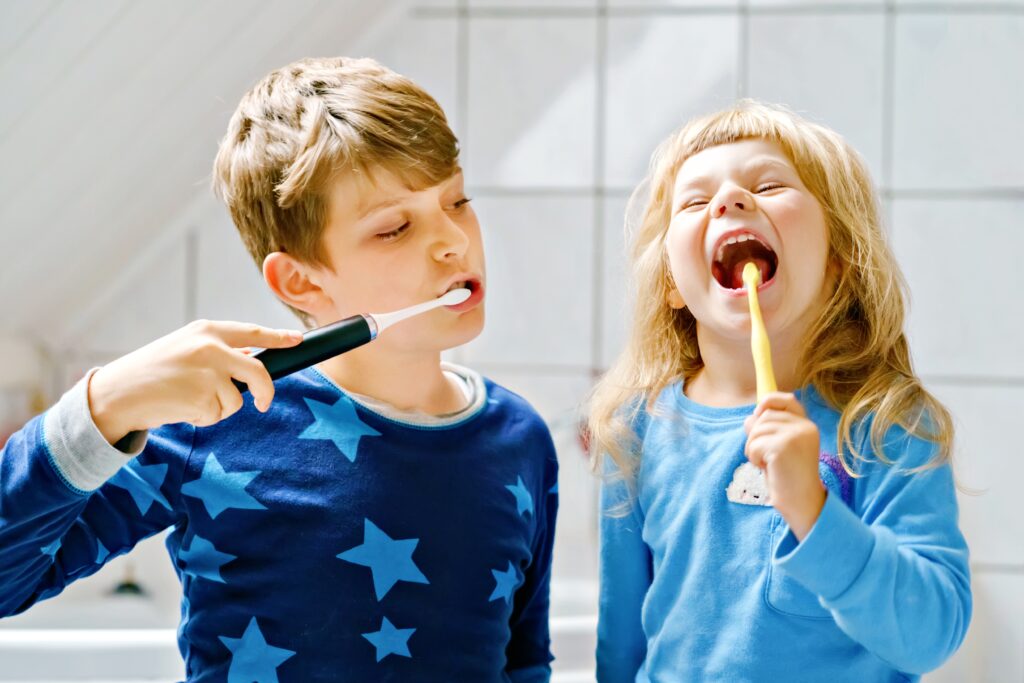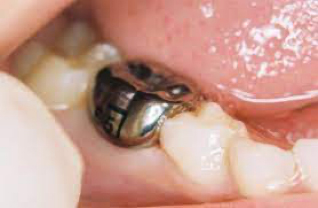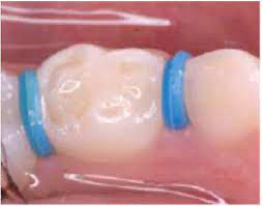Children’s Hall Crowns

On your first visit with us you will be examined by one of our dentists. They will take any necessary x-rays and come up with a full, individualised treatment plan for you. This will include everything needed to keep your mouth healthy or any cosmetic improvements you may want to make yourself.

What is a Hall crown?
- It is a metal, tooth shaped cap which fits over a decayed baby tooth.
- The crown is made of safe metals (nickel-chromium) and is easy to clean.
- It falls out with the baby tooth naturally around age 10-12.
Why do it instead of a white filling?
- It is pain free and requires no drilling!
- No anaesthetic needed.
- It lasts longer and works better than a conventional filling.
How do they work?
The crown seals the decay inside the tooth, cutting it off from nutrients in the mouth. Without any nutrients, the decay will stop. Also, by completely sealing the tooth decay will not start in any other part of the tooth meaning less treatment in the long term!

How is it done?
- Sometimes an x-ray is needed first to assess the nerve of the tooth.
- Usually, space is needed to fit the crown, and so ‘spacers’ will be placed a few days before the crown. These are small elastic bands which are flossed down between the teeth. These may feel tight, as if something is stuck between the teeth. Children usually get used to this within a day or two. This means your child will have to attend twice within the same week.
- The crown placement usually takes only a few minutes, with no drilling or injection needed.
- First, different sizes are tried on – like trying a new pair of shoes!
- Once the right size is picked, cement is placed inside the crown and it is pushed onto the tooth. The child helps by biting down on the crown, so it fits snugly.
How does it feel after?
It will feel a little strange and ‘high’ in the mouth. Within a few days it will feel completely normal.
Your child can eat immediately but try to avoid sticky or chewy foods for the first 24 hours. The crown should be brushed like any tooth – twice a day!
Cost: €150, usually paid half the first visit and half the second.